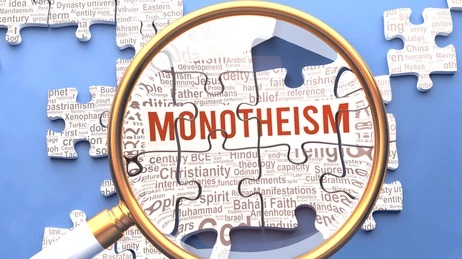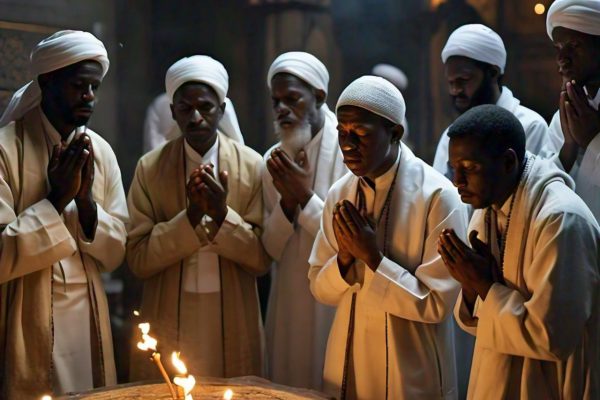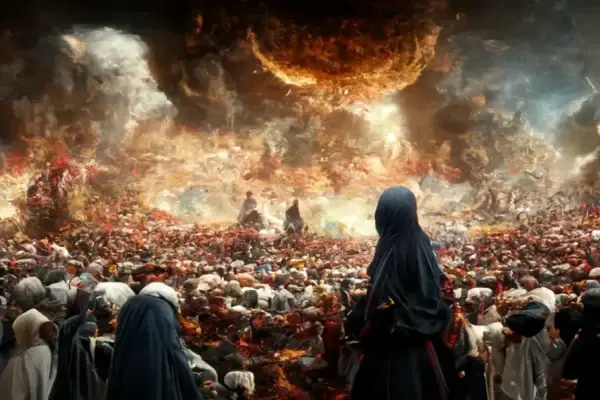
The Concept of Monotheism in World Religions: A Comprehensive Study with Sacred Text References
This in-depth article explores the concept of monotheism across major world religions, including Judaism, Christianity, Islam, Hinduism, Sikhism, Zoroastrianism, and more. It examines how each religion interprets the belief in a single, all-powerful God, with references to their sacred texts such as the Bible, Quran, Torah, Vedas, and Guru Granth Sahib. The article highlights the universal appeal of monotheism and its role in shaping theological and philosophical perspectives.














